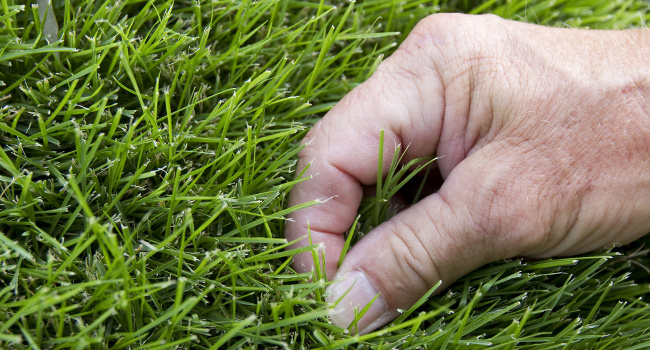
"Plants tho!" You've probably heard it before: plants feel pain and therefore somehow that makes eating animals OK! In this article, guest writer Penny Hall looks at the background of this claim and some of the ways we can respond.
One of the, possibly disingenuous, objections to adopting a vegan diet is a concern for the suffering of plants. While there may be the temptation to dismiss such an argument as facetious, this article seeks to engage with those who raise it, and offer fellow vegans a suitable response when the rights of plants are raised.
While controversial, the idea that plants possess intelligence has inspired humanity for eons. Animistic cultures from millennia ago might well feel vindicated by the scientists and philosophers cited in Richard Mabey's Cabaret of Plants: Forty Thousand Years of Plant Life and the Human Imagination, a book dedicated to celebrating the astonishing abilities of these 'autonomous organisms'. Some of these abilities are truly enviable, eg, body regeneration, long distance sex, and harmonious symbiosis. We should be so lucky.
Less controversial, although not always apparent to everyone, is humanity's absolute reliance on plants for survival. Our ecosystem could not support mammalian life if it weren't for the plants and algae that produce the oxygen we breathe, and the calories we rely on to fuel our metabolism. While it may never be demonstrated that plants have feelings, it can be convincingly argued that they are worthy of our conservation and respect.
The Edgar's Mission call to veganism, "If we could live happy and healthy lives without harming others...why wouldn't we" is an excellent tenet from which to explore the idea of plant suffering. If plants do experience something like sentience, how can we best respond? We can neither live happily nor healthily without eating them...and here's where the non-vegan objection to a plant-based diet comes unstuck. Meat and dairy eaters do not recognise that their diet is also plant-derived, albeit in a hugely wasteful way, resulting in the suffering of many more plants, as well as animals.
The "feed to food loss" describes the huge volume of plant lives lost in the growth of one animal destined for slaughter. Farmed animals consume many more plants than humans in Australia, eating more than twice as much grain. A vegan diet obviates this loss, as far fewer plants need to be eaten directly to reach our nutritional and satiety needs.
So, the next time someone queries veganism's claim to harmlessness, it might be worth agreeing with them. We can all do more to reduce our impact on a stressed environment, whether it's in waste prevention, sourcing more local, chemical free and sustainably grown produce, or in giving back by bush conservation, planting programs, and composting our scraps to provide nutrition to our herbaceous cousins. However, you can equally present the case for a vegan diet as being the only legitimate way we can remain nourished, while causing the least amount of violence to plants.

Unsubscribe at any time. Your details are safe, refer to our privacy policy.
© Vegan Australia | Registered as a charity by the ACNC | ABN 21 169 219 854